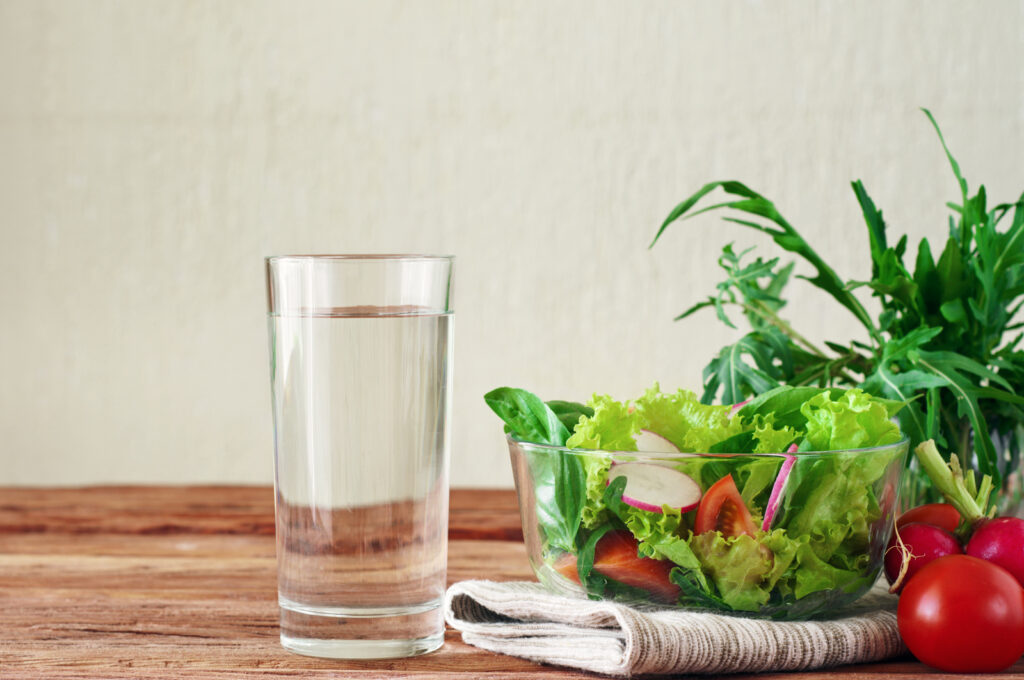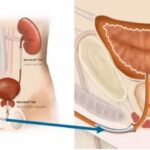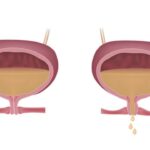
Maintaining a healthy urinary system is essential for general well-being and quality of life. The urinary system is responsible for removing waste and excess fluids from the body while also maintaining a mineral balance. But other things, like unhealthy lifestyle choices and insufficient water, can interfere with its effective operation. We’ll look at some helpful advice for maintaining a healthy urinary system in this blog post.
Stay Hydrated:
Drinking enough water throughout the day is among the most important steps to take to maintain a healthy urinary system. Water aids in the removal of toxins and germs from the urinary tract, lowering the incidence of kidney stones and urinary tract infections (UTIs). Aim to consume eight or more glasses of water each day. For individualized hydration advice if you have any particular medical conditions, talk to your doctor.
Maintain a Balanced Diet:
For the general health of your urinary system, a well-balanced diet is essential. Your meals should contain a variety of fresh fruits, vegetables, whole grains, lean proteins, and healthy fats. Vitamin, mineral, and antioxidant-rich foods can maintain healthy kidney function and lower the incidence of urologic diseases. Limit your consumption of processed foods, refined sugars, and too much salt as they can all cause urinary issues.
Practice Good Hygiene:
Preventing urinary tract infections requires maintaining appropriate hygiene habits. Make careful to properly wash the genital area with warm water and mild soap. Always wipe from front to back after using the loo to stop bacteria from moving from the anal area to the urethra. To maintain the natural pH balance and prevent irritation of the urinary system, avoid using harsh chemical-based products in the genital area.
Don’t Hold in Urine:
It’s important to quickly empty your bladder when you feel the need to urinate. Urinary retention, which can raise the risk of urinary tract infections and bladder issues, can result from holding in urine for extended periods of time. Regular bladder emptying aids in the removal of bacteria and reduces the accumulation of toxins. Make it a habit to pay attention to your body’s cues and locate the toilet when necessary.
Practice Safe Sexual Habits:
Urinary tract infections can be avoided by using safe sexual practices. When bacteria from the vaginal region enter the urethra, urinary tract infections may result. Urinate before and after sexual activity to help flush out any bacteria that may have entered the urethra and reduce risk. Additionally, to lessen the risk of sexually transmitted infections that might harm the urinary system, use barrier contraceptives like condoms.
Exercise Regularly:
Regular exercise encourages healthy circulation and general well-being, including urinary system well-being. Walking, running, swimming, or cycling are examples of moderate-intensity exercises that can assist enhance blood flow to the kidneys and support healthy renal function. Avoid high-impact exercises, though, as they might put pressure on the urinary system and bladder.
Avoid Excessive Intake of Irritants:
There are some substances that can irritate the urinary system and cause urinary issues. Caffeine, alcohol, and spicy meals should all be consumed in moderation because they can be diuretics(sometimes called water pills, which help rid your body of salt (sodium) and water) and irritate the bladder. Avoid smoking as well, as it can raise your chance of bladder cancer and other problems with the urinary system.
Summary:
For general well-being, maintaining a healthy urinary system is crucial. You can support the health of your urinary system and lower the risk of urinary system disorders by observing these guidelines, which include drinking plenty of water, eating a balanced diet, practicing good hygiene, emptying your bladder frequently, engaging in safe sexual behavior, exercising frequently, and avoiding consuming excessive amounts of irritants. Never forget to talk to your doctor if you have any special questions or symptoms relating to your urinary system.




